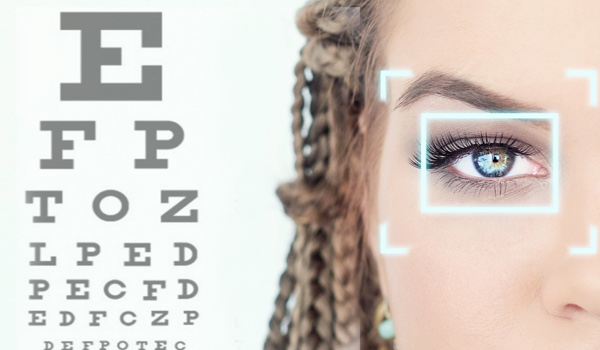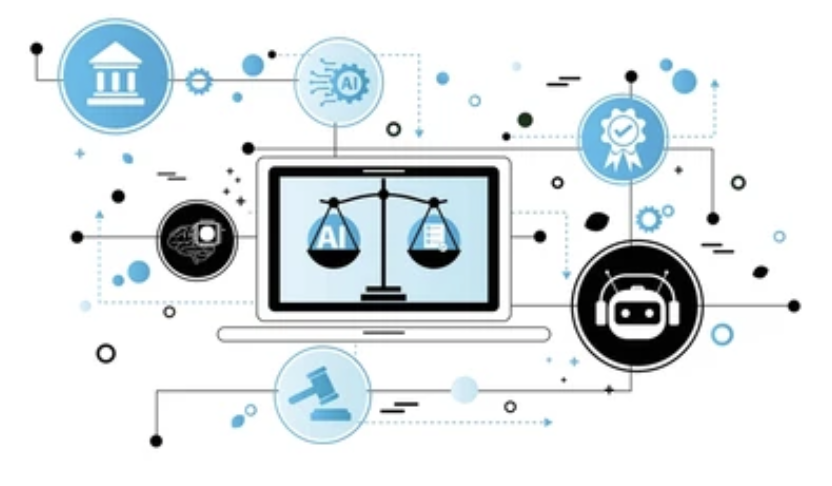


MUMBAI - Few clinical specialties have been more impacted by artificial intelligence (AI) than neurology. The United Kingdom’s National Health Service (NHS) in particular recently took a giant leap forward in pressing ahead with integrating AI and neurology. For the first time, the UK's central agency for health-related guidance and advice, the National Institute for Health and Care Excellence, approved the use of AI in clinical diagnosis and stroke management,1 marking a new era of augmented medicine and enhanced patient care that will unlock tremendous benefits for patients and other stakeholders in neurology care. AI applications in stroke management will directly benefit multiple levels namely system level, clinician level, and patient level. This article elaborates this impact and the efforts required to turn this transformation into reality.
Aging populations are a big problem for most developed nations, and many middle-income ones as well. Almost every healthcare system across the world therefore struggles with a growing patient burden while dealing with a shortage of trained healthcare professionals.2 This dual problem also affects neurology by impacting care for patients at risk of or suffering from life-threatening neurological conditions such as strokes.3 AI can greatly assist these struggling systems, helping neurologists diagnose and manage stroke patients in many ways.4
1. System level Impact
At the overall health system level - which has the highest level of complexity - AI has profound benefits (see the next section), but to realize them in these initial stages will likely take major efforts.
Benefits
- Efficiency and better care: AI integration streamlines the workflow within the healthcare system, with the immediate benefit o
The content herein is subject to copyright by The Yuan. All rights reserved. The content of the services is owned or licensed to The Yuan. Such content from The Yuan may be shared and reprinted but must clearly identify The Yuan as its original source. Content from a third-party copyright holder identified in the copyright notice contained in such third party’s content appearing in The Yuan must likewise be clearly labeled as such. Continue with Linkedin
Continue with Linkedin
 Continue with Google
Continue with Google










 927 views
927 views







